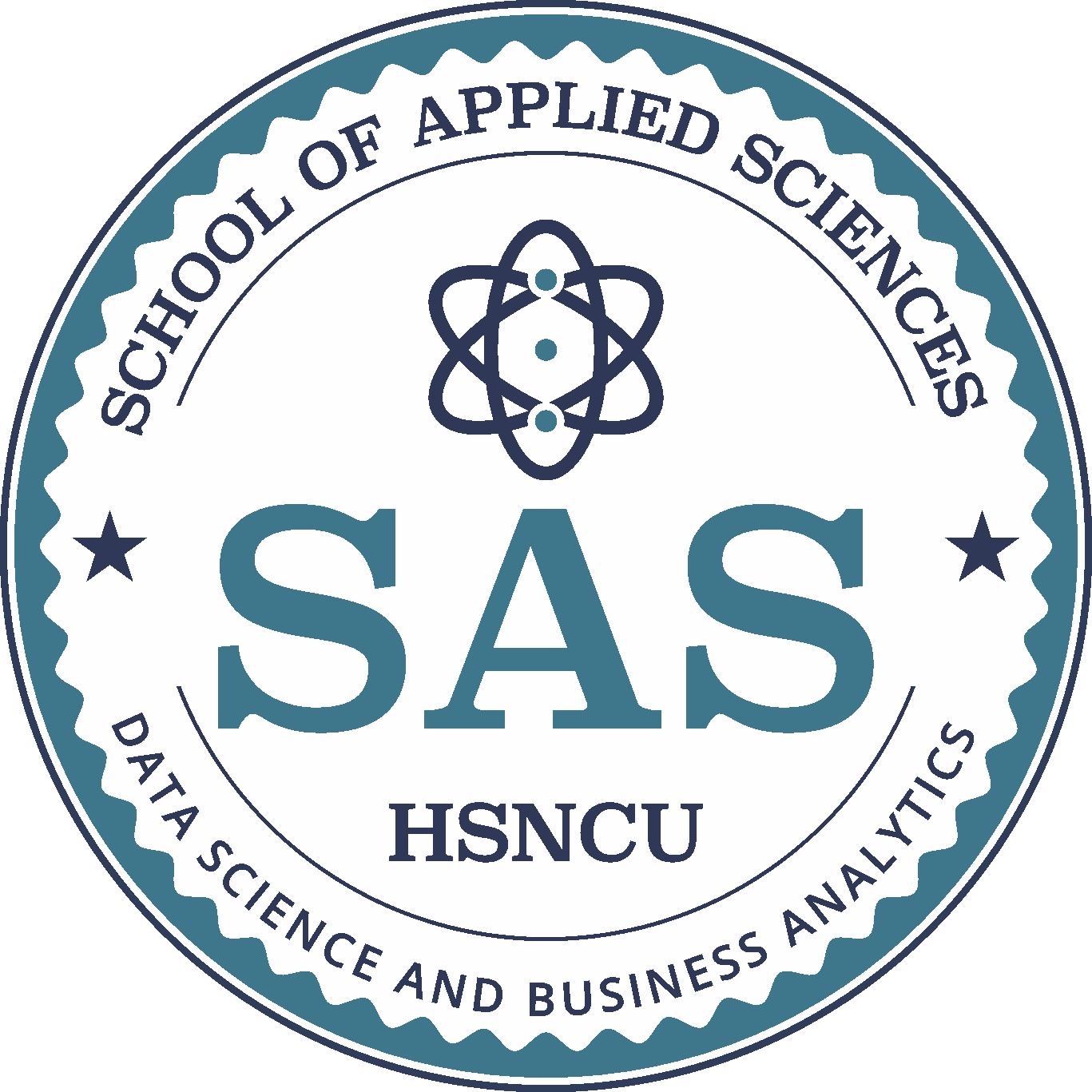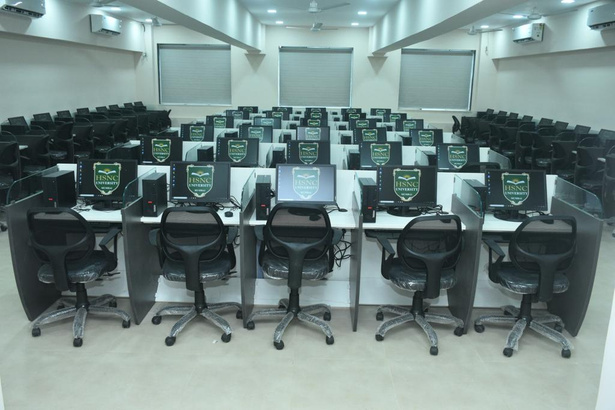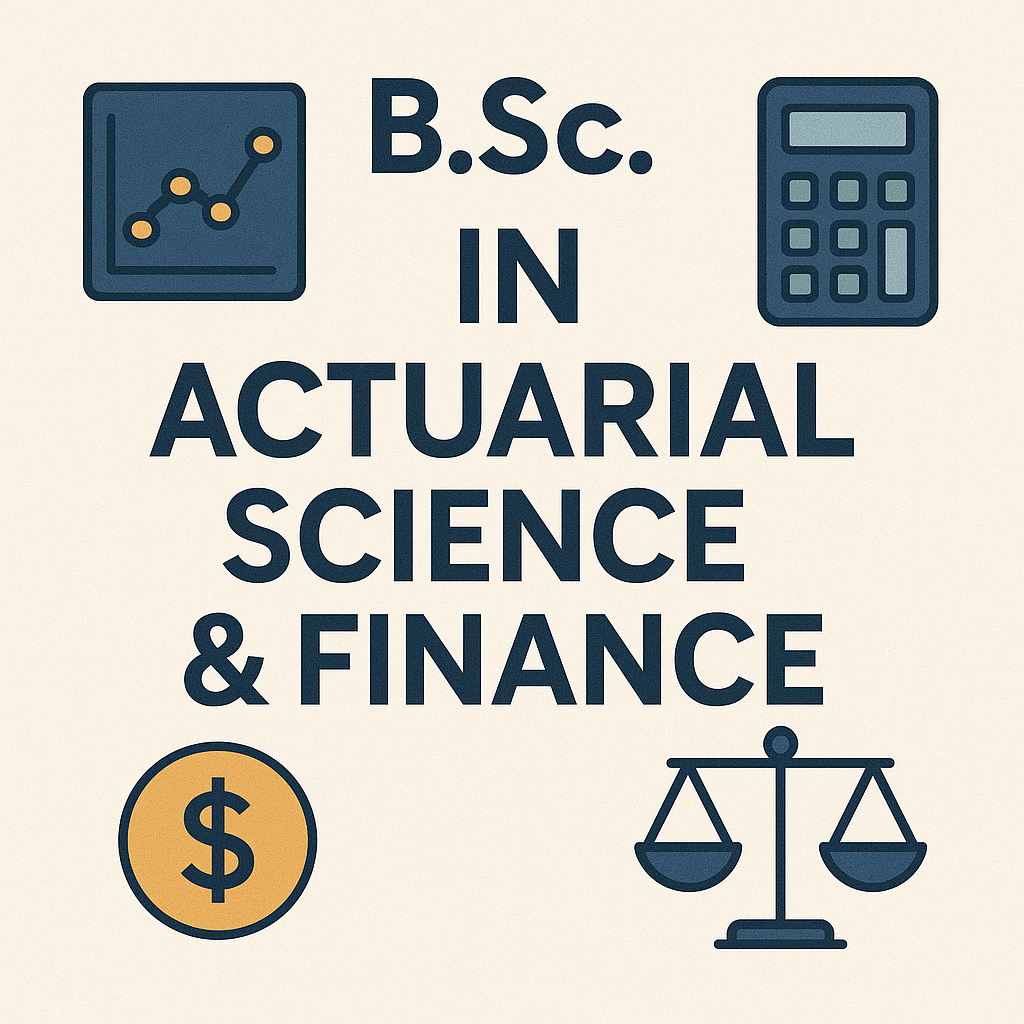The B. Sc. Data Science and Business Analytics program is a minimum of 140 credits covering six semesters. Data is the new oil. The analytics may be input for human decisions or drive fully automated decisions. It helps decision-makers build strategies to perform deep-dive understanding and provide descriptive, predictive and prescriptive analysts.
It is used to run the business effectively and is instrumental in growing it. It is the area for the vast potential for corporate investments. Business Analytics include identifying KPIs, measurement strategy, data analysis, complex statistical model and analysis, data mining and deep understanding of cause-and-effect models.
Business analytics can drive critical decision making in the organization and help executive decision-makers build strategy, predictive analysis, forecasting, risk analysis, identifying and preventing fraud, market analysis, etc. Data Scientists use these skills can provide insights into discrete data sets, build complex models and present them in Scorecard format and use the same in executive reviews to lead a data-driven discussion and decisions. Some of the impactful use of this is in Management Information Systems, Financial Service, Marketing Research, Process Improvements, Six Sigma, Process Excellence, Scorecard, Dashboard, End-to-End Product Management, etc.
The program emphasizes both theory and modern applications of Data Science and Business analytics. It is structured to provide knowledge and skills necessary for students' employability in industry, academics, and other government and non-government organizations. The program has some unique features like independent projects, several elective courses and extensive computer training in statistical computations, including standard software packages like C++, SQL, SPSS, SAS, MINITAB, R and PYTHON etc.
Due to Cluster University, the department got the academic autonomy, and it has been utilized to add the new and need-based elective courses. The independent project work is one of the essential components of this program. The syllabus has been framed to possess a decent balance of theory, methods and applications of statistics. The students can study introductory courses from other disciplines like economics, life sciences, computer science and Information Technology in place of optional/electives. The thrust of the course is to prepare students to enter into a promising career after graduation and provide them with a platform for pursuing higher studies resulting in post-graduation degrees.





.png)
.png)
.png)